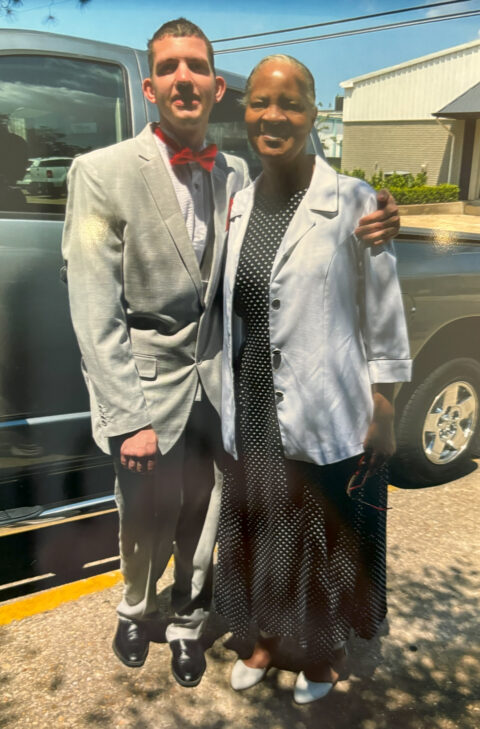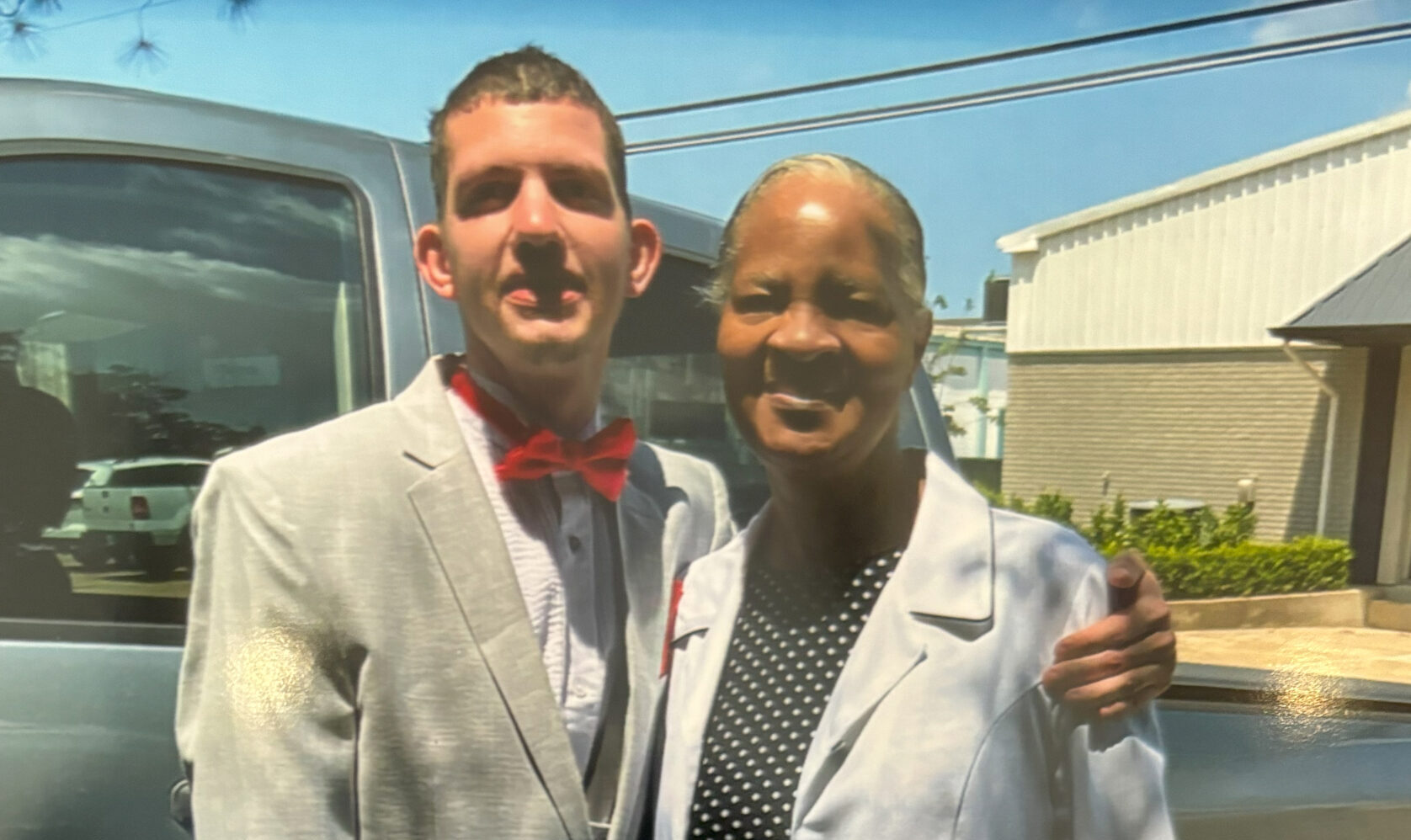 It’s not often that someone brings a photo album to a meeting. But that’s exactly what Jill Hadley did when she arrived at PJ’s Coffee in Mandeville recently to talk about her nearly 20 years of volunteer service to children in need with Therapeutic Family Services (TFS).
It’s not often that someone brings a photo album to a meeting. But that’s exactly what Jill Hadley did when she arrived at PJ’s Coffee in Mandeville recently to talk about her nearly 20 years of volunteer service to children in need with Therapeutic Family Services (TFS).
TFS contracts with the Department of Children and Family Services to provide therapeutic foster homes for children in foster care. The need for foster parents is greater than ever. As the children in the program are often medically or emotionally fragile, requiring specialized care, finding parents that can devote the time, energy and patience to giving the children their full attention can be challenging.
“You have to have a calling to do this. This is not normal foster care. These kids have behavioral or medical problems and really need help. We take cases that normally nobody takes,” Jill says.
Jill’s photo album is full of pictures of the more than a dozen children she has fostered since 2005. Details of the children and their lives with her spring back to life for Jill as she flips through the book and shares memories of them. The calling to begin fostering children came to Jill in 2005. She has always loved children and had her own daycare for a while. After learning about some of the traumatic backstories and specialized needs of the children coming through TFS, Jill was confident she could help.
Her first set of foster children were Michael, 11 and his 12-year old brother. Both boys were removed from their home after reports of living in squalor-like conditions came to light. Her love for the children is evident. So much so that Jill would eventually adopt Michael, who is now 28 with special needs. He works with the Arc of Greater New Orleans, which also supports him to live an independent life in the community. It can be difficult though when it’s time for the children to return home.
“I fall in love with all of them and I put that love in the child so the parents can see it when they return. It’s hard, though. I cry when they leave,” Jill says.
When possible, TFS works to reunite children with their families via an 18-month plan.
Other foster children that have come through Jill’s home have had cancer, been non-verbal, had anger issues, or even come from situations where both parents were living on the street. No matter the circumstances, her goal has always remained the same: to make a positive difference in the lives of the children.
Jill added, “The best part about fostering is seeing the change. I love the progress. Once you come into my home, you might be broken, but you’ll be in a much better place when you leave.”
To learn more about becoming a foster parent with TFS, visit www.ccano.org/tfs.






